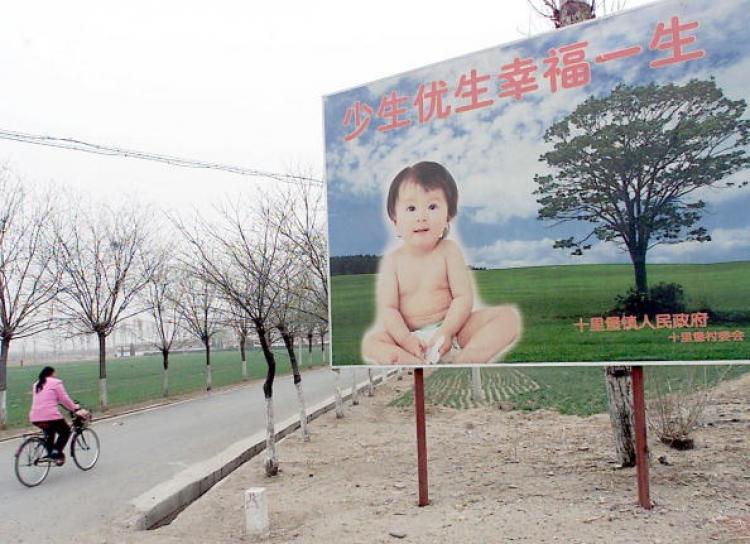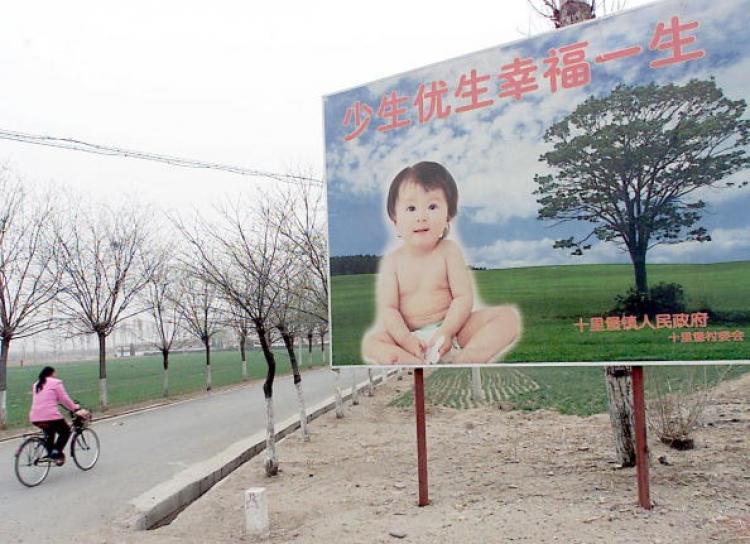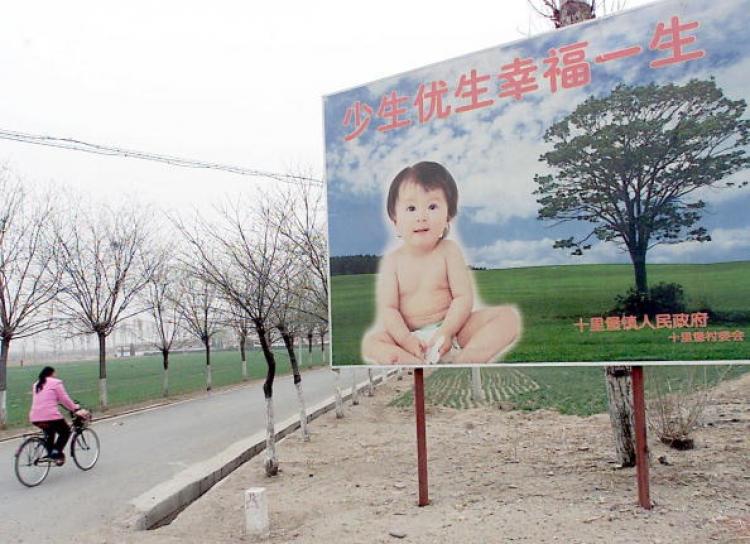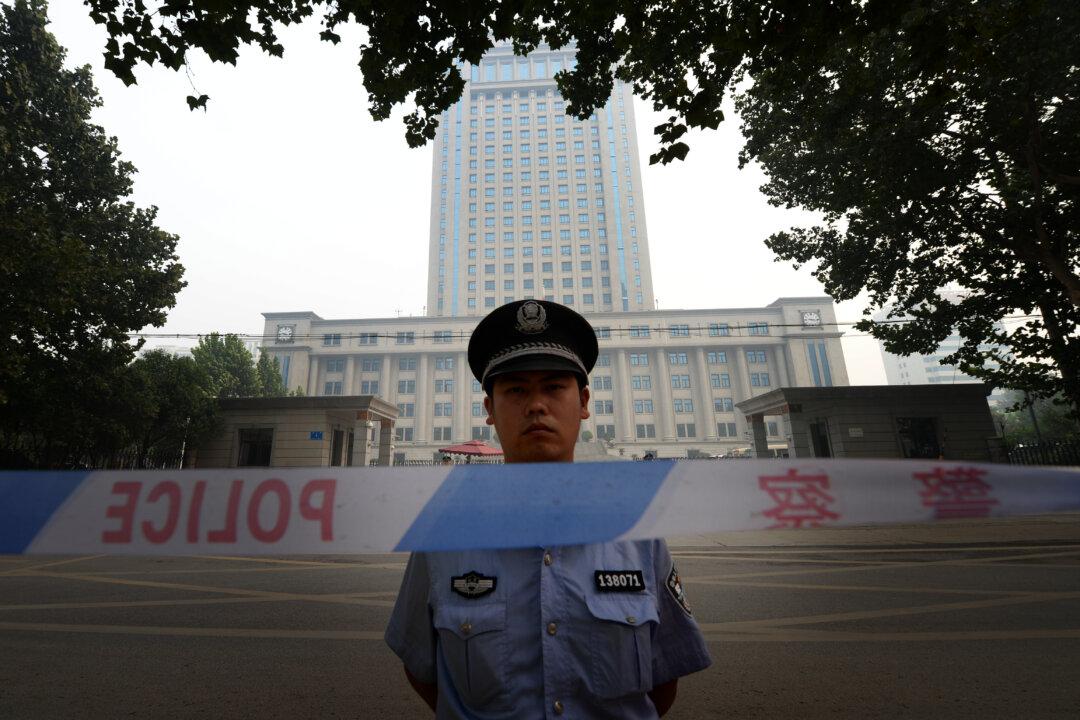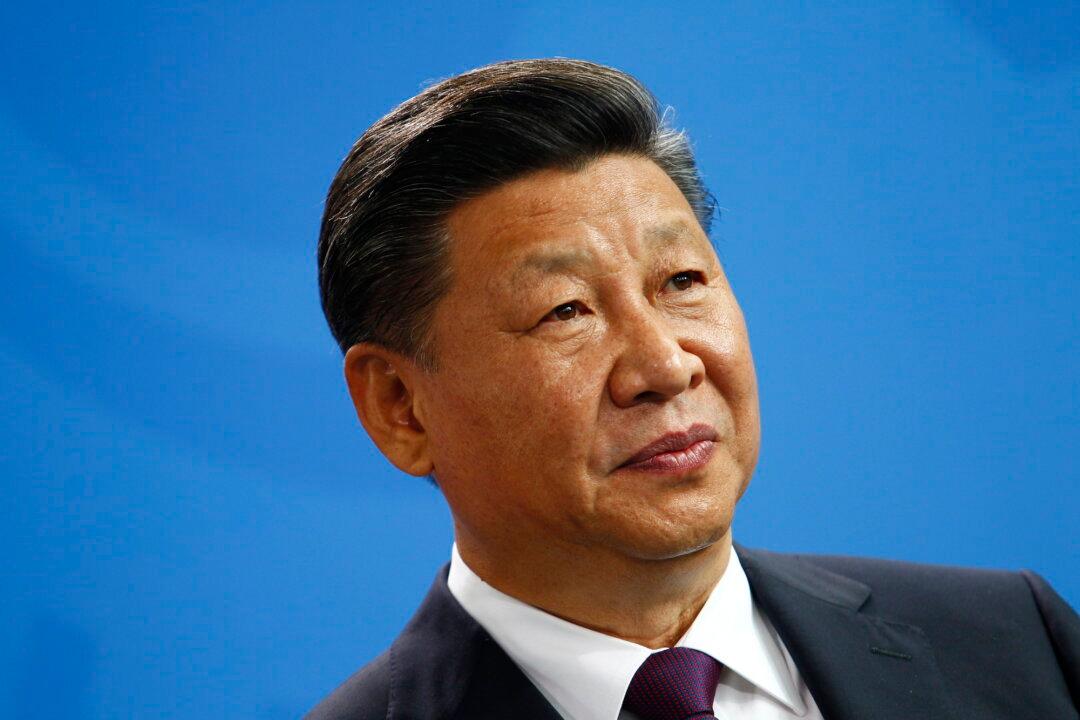The Chinese Communist Party’s strict family planning policy and its enforcement are currently under discussion at the regime’s largest annual meetings in Beijing.
Representatives of the National People’s Congress (NPC), a rubber-stamp legislature, in mainland China have recommended allowing a second child per family, and the representative from Guangdong Province has for a third time requested that the one-child policy be abandoned.
Ma Xu, a high-ranking official from the Chinese Communist Party’s National Population and Family Planning Commission, said on March 3 that some provinces may start exploring a two-child policy, most likely the three north-east provinces of Liaoning, Jilin, and Heilongjiang, according to official media reports.
Ma said that China’s birth rate is low, so the authorities are considering gradual adjustments. He said the second-child policy should initially be applied to first-tier cities, which are more developed and more populated.
NPC representative He Youlin, principal of Zhongshan Memorial Secondary School in Guangdong Province, again challenged the one-child policy, and suggested allowing a second child. He believes this would help alleviate pressure on the labor force and retirement age, as well as allowing a more harmonious family life and healthier development of children, Yangcheng Evening News reported.
He told Southern Metropolis Daily that by the end of 2008, the elderly population of China had increased to 169 million, accounting for 12.8 percent of the nation’s total population, and is increasing by an average of nearly 10 million per year, according to civil affairs department statistics.
By 2020, the number of people over 60 will account for 16.7 percent of the total, climbing to 31.1 percent by 2050, which would be much higher than the world average. If every couple only has one child, the pressure would be great by the time they reach retirement age, and many families could end up without even one child, he said.
Such only children, once married, would have to support four elderly parents, and the next generation of only children would have to support eight elderlies after marriage, which he said was “extremely unreasonable.”
One expert believes that China’s population will not explode, even if the family planning policy is completely lifted.
Professor Liang Jianzhang of Guanghua School of Management at Peking University said, “If we do not adjust the policy now, we may lose the last chance to solve the issue of our aging population, which may lead to a series of serious economic and social problems,” Southern Metropolis Daily reported.
Liang compared China to countries with a similar degree of economic development and urbanization, such as South Korea and Taiwan in the 1990s. The two countries had an average birth rate of 1.5 children per woman during that period, and Thailand currently has the same rate. Vietnam, which is less developed than China, only has birth rate of 1.8 children per woman, he said.
Translation by Quincy Yu. Research by Hsin-Yi Lin. Written in English by Cassie Ryan.
Read the original Chinese article.
The Epoch Times publishes in 35 countries and in 21 languages. Subscribe to our e-newsletter.
